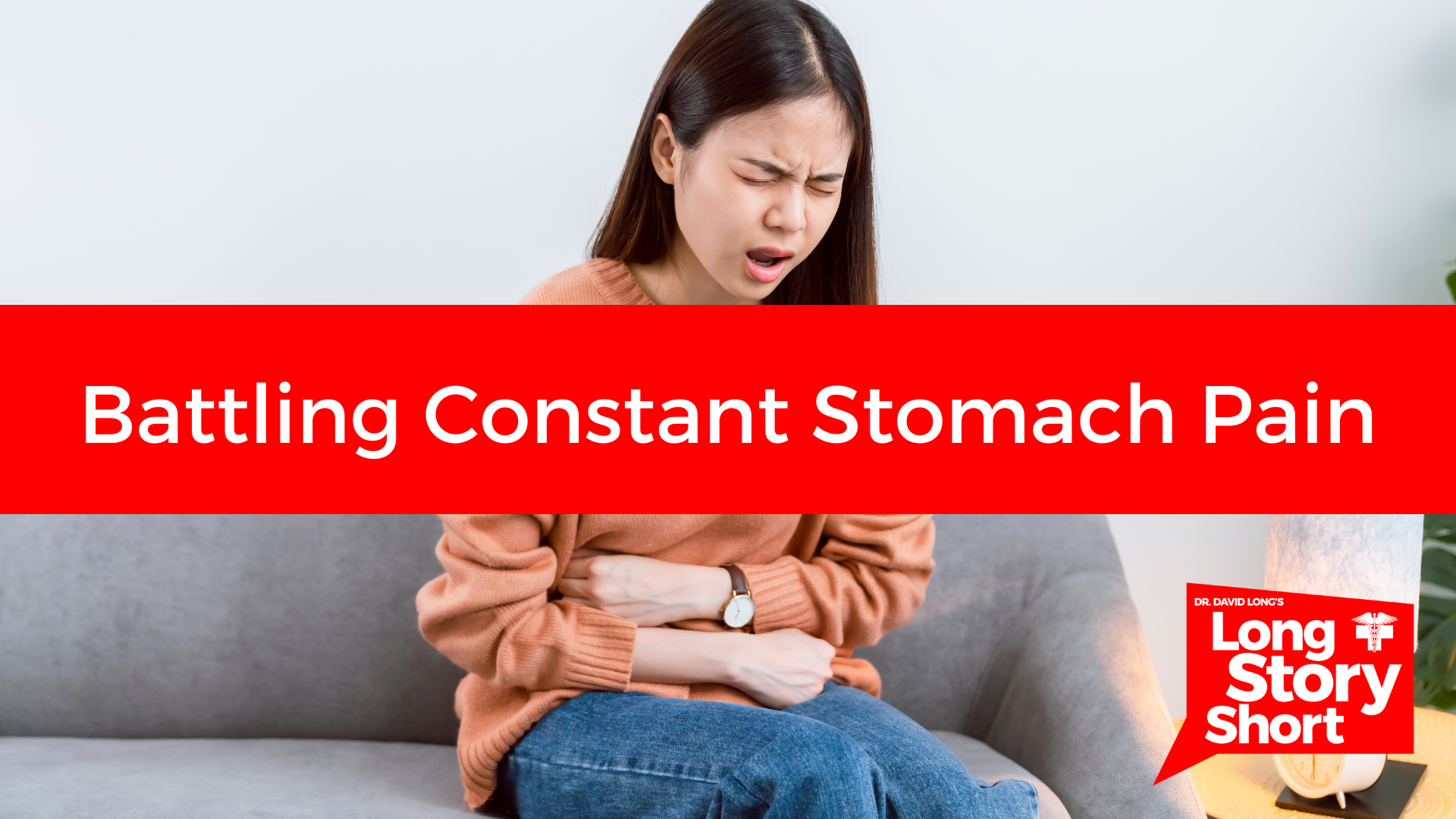Battling Constant Stomach Pains
• Seek medical help if you are experiencing constant stomach pains and other symptoms like nausea, vomiting and fever.
• Certain lifestyle changes may help reduce the severity and frequency of your stomach soreness.
• Consult a doctor or healthcare provider to discuss possible causes and treatment options.
• Common causes of constant stomach pain include food intolerances, infections, autoimmune disorders, gallstones, kidney stones and IBS.
• Take measures such as avoiding certain foods, managing stress, taking prescribed medications, and undergoing tests to reduce discomfort.
• Make time for yourself and practice self-care to handle the pain better and maintain your health.
•Track symptoms, speak to a doctor about possible causes and focus on self-care in order to manage the pain more effectively.
Take Abdominal Pain Seriously
Constant stomach pains can be a source of frustration and discomfort. But if you’re experiencing abdominal pain that’s been persisting for weeks or months, it’s important to get to the bottom of the issue. Knowing what medical steps to take when your stomach is in constant pain can help lead you toward finding relief and reducing symptoms.
If your stomach pains are accompanied by other symptoms such as nausea, vomiting, or fever, it’s a good idea to make an appointment with your doctor. Your doctor can take a medical history and perform tests to determine the possible cause of your stomach pain. Depending on the test results and the severity of your condition, you may be prescribed antibiotics or other treatments to get relief.
Certain lifestyle changes can also help relieve constant stomach pains. Eating smaller meals more frequently, limiting your intake of spicy and fatty foods, and drinking plenty of fluids are all things that can contribute to improved digestive health. Additionally, reducing stress levels and getting enough sleep can help reduce the severity and frequency of your stomach pains.
If your constant stomach pain persists, seek help from a doctor or healthcare provider for further evaluation and possible treatment options. They will be able to provide you with more information about the potential causes of your discomfort and what action steps you should take next in order to get relief.
It’s important to remember that everyone is different and the causes of stomach pain will vary from person to person. By talking with a healthcare provider, you can get an accurate diagnosis and develop a plan to alleviate your pain.
Don’t hesitate to reach out for help if you’re struggling with constant stomach pains. With proper treatment, you can enjoy better digestive health and improved quality of life. It all begins with understanding the possible causes and finding the right medical care for your individual situation.
If you’re battling constant stomach pains, you don’t have to accept them as a normal part of life. Talk to your healthcare provider about your symptoms and get an accurate diagnosis – it could be the key to managing your pain and improving your quality of life.
By understanding the possible causes of constant stomach pains and working with a qualified healthcare provider, you can develop a plan that works for you. It’s important to take an active role in identifying what triggers your pain, so you can make informed decisions about how to manage it.
Common causes of constant stomach pains can include: medications, food allergies or intolerances, infections such as parasites or bacteria in the digestive tract, Crohn’s disease and other autoimmune disorders, gallstones or kidney stones, appendicitis, hernia and irritable bowel syndrome (IBS).
When you’re dealing with constant stomach pains, it’s important to take measures to reduce your discomfort. Depending on the underlying cause of your pain, options may include:
- Avoiding certain foods or drinks that aggravate symptoms
- Managing stress through calming exercises like meditation and yoga
- Taking medications prescribed by your doctor
- Undergoing tests such as blood analysis, imaging studies or endoscopy
It’s also important to make time for yourself and to practice self-care. This can help you handle the pain more effectively and keep your body healthy, even when it’s feeling uncomfortable.
Eating a balanced diet with plenty of fruits, vegetables and whole grains is essential for digestion, while regular exercise can help reduce stress and boost overall well-being. Additionally, don’t be afraid to get help from a mental health professional if the pain is having an impact on your mood or productivity.
Finally, remember that constant stomach pains can be worrisome, but there are steps you can take to address them and try to put your mind at ease. Keep track of your symptoms, talk to your doctor about possible causes, and focus on taking care of yourself so you can better manage the pain. With a little bit of effort, it’s possible to live with these pains and still feel like yourself again.
I’m Doctor Long, and that was the long story short!





 and then
and then